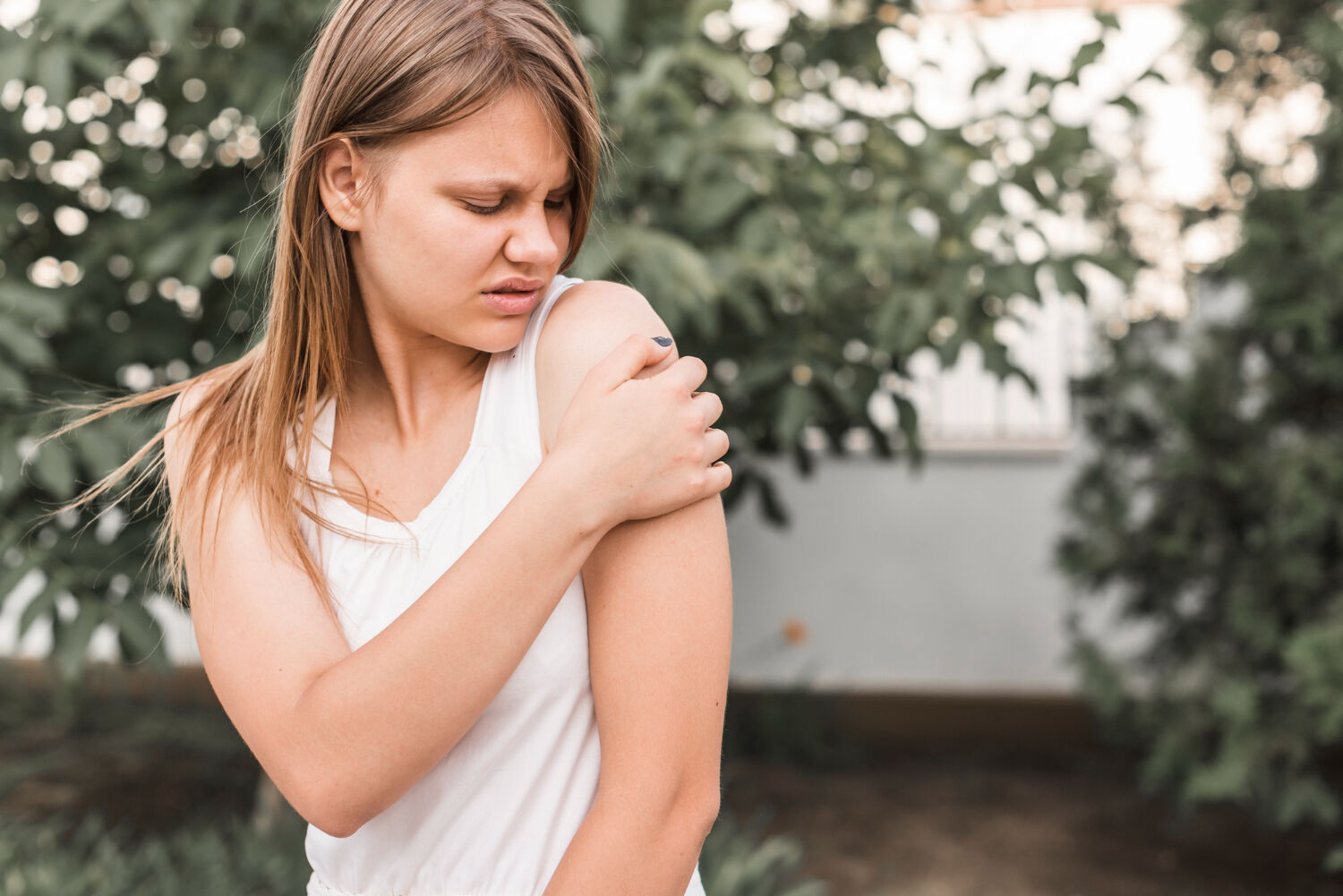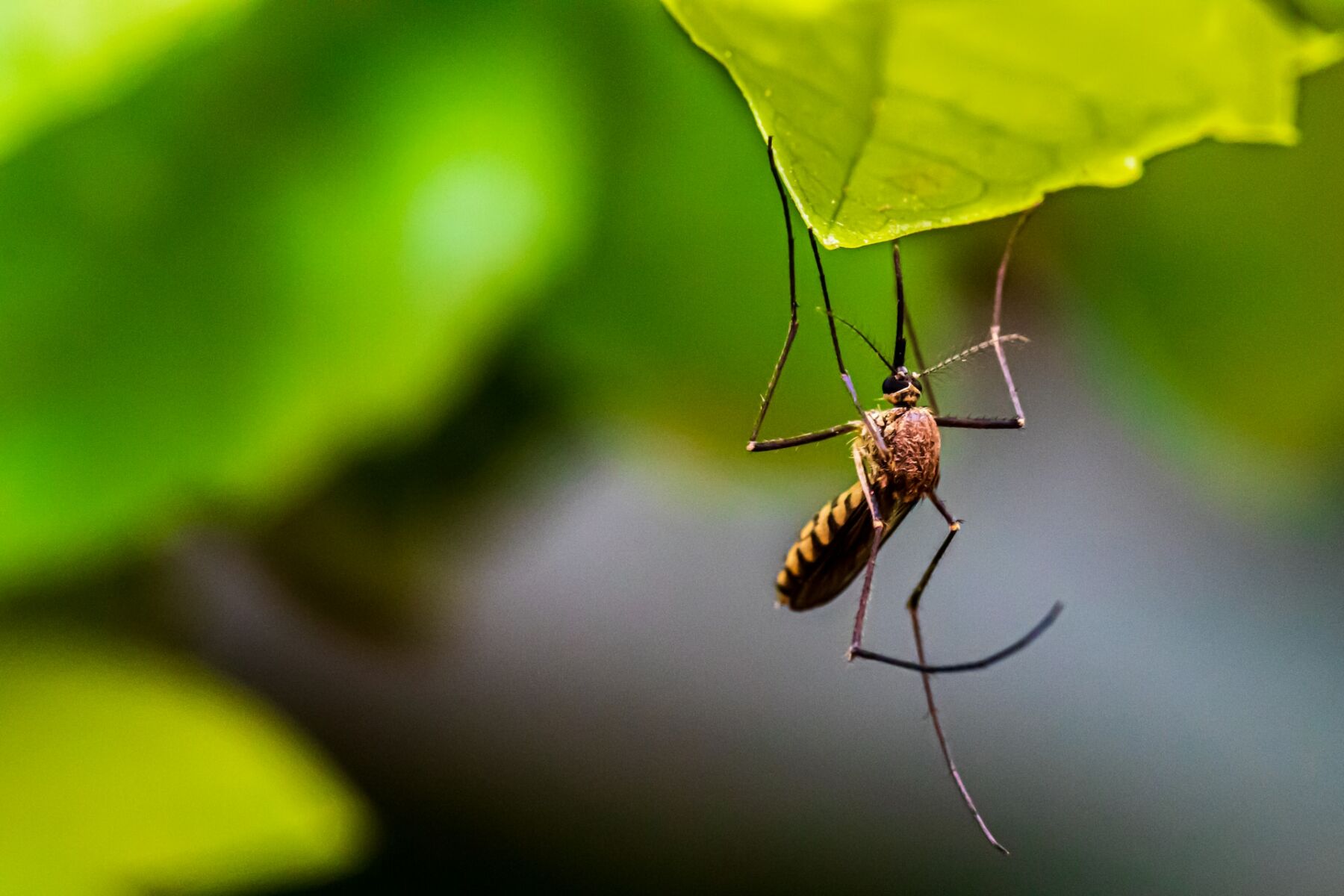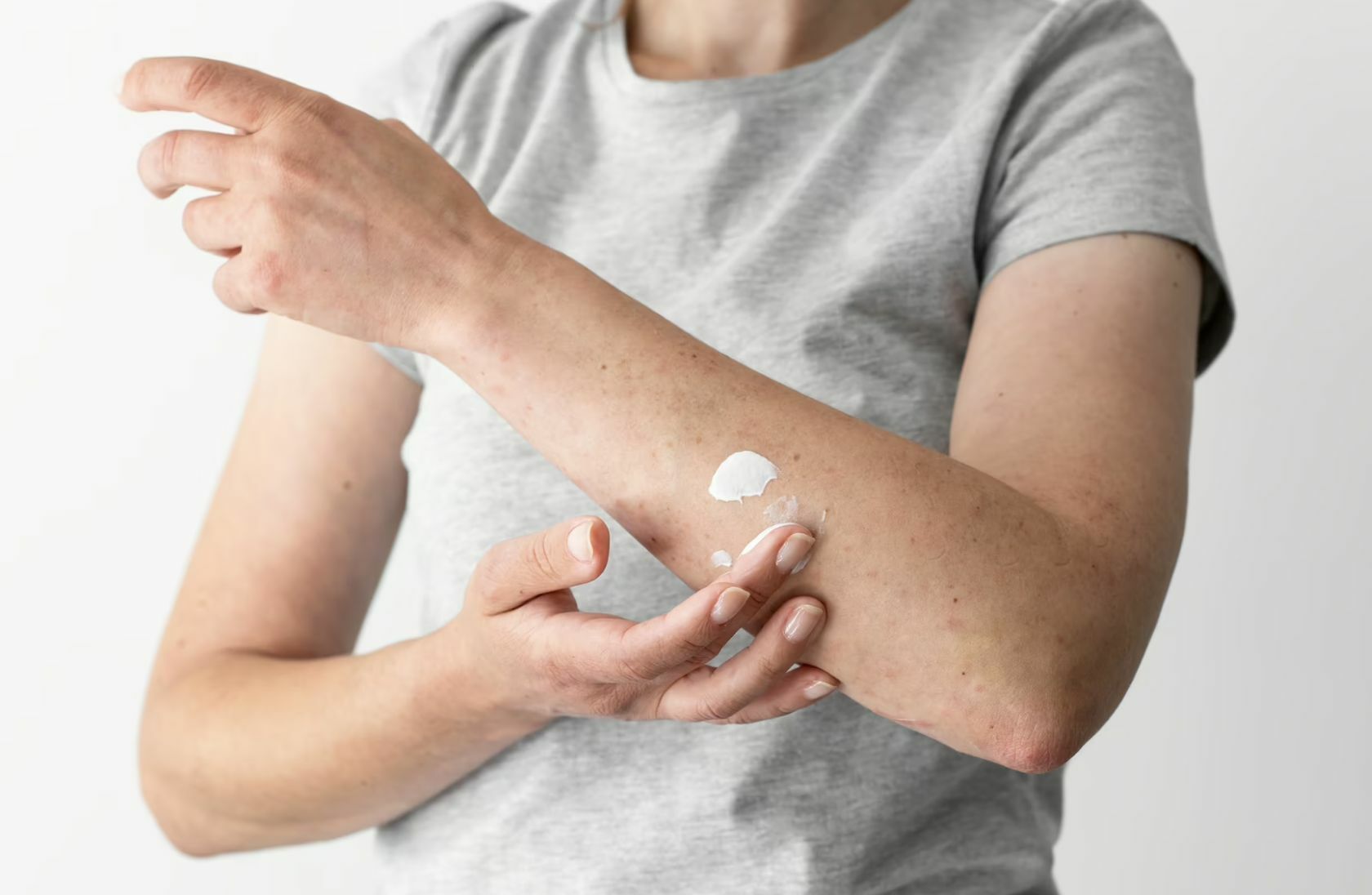Preventing mosquito-borne diseases in Thailand: Tips and guidelines
Stay safe and make the most of your trip

Picture this: you’ve finally arrived in Thailand and you’re eager to explore the vibrant street markets, indulge in scrumptious Thai cuisine, and unwind on stunning beaches. But amidst the excitement, one pesky problem lurks: mosquitoes. These tiny creatures may be small, but they can pack a punch in the form of mosquito-borne diseases, which is common in Thailand.
Thailand has its fair share of mosquito-borne diseases, including dengue and malaria. While these illnesses are preventable, it’s essential to be prepared and take necessary precautions during your trip. So, to help you make the most of your trip, here’s our mosquito protection tips and guidelines for dengue and malaria prevention in Thailand.
Dengue fever in Thailand – Don’t let it bug you

Dengue fever is a prevalent mosquito-borne disease in Thailand, with thousands of cases reported each year. Transmitted by the Aedes mosquito, dengue is characterised by high fever, severe headaches, joint and muscle pain, and rashes. While most cases are mild, dengue can sometimes lead to severe complications and even death.
Dengue prevention tips
The good news is that dengue prevention is possible with a few straightforward steps. Keep these tips in mind to minimise your risk of contracting dengue fever:
- Use insect repellent: Apply a mosquito repellent containing DEET, picaridin, or lemon eucalyptus oil on exposed skin. Be sure to reapply as directed, especially after swimming or sweating.
- Dress appropriately: Wear light-coloured, long-sleeved shirts and long trousers to cover your skin and reduce the chances of mosquito bites.
- Stay in mosquito-proof accommodation: Choose lodgings with air-conditioning, screened windows, and doors. Use a mosquito net if necessary.
- Be vigilant during peak mosquito hours: The Aedes mosquito is most active during early morning and late afternoon, so take extra precautions during these times.
- Remove standing water: Mosquitoes breed in stagnant water, so ensure your surroundings are free from containers or puddles that can collect water.
Malaria in Thailand – Don’t let it rain on your parade

While malaria cases in Thailand have significantly decreased, it remains a concern, particularly in rural and border areas. Caused by a parasite transmitted through the bite of the Anopheles mosquito, malaria can result in fever, chills, and flu-like symptoms, and can be life-threatening if not treated in time.
Malaria prevention tips
Malaria prevention in Thailand involves a combination of mosquito protection measures. And, if necessary, it also includes antimalarial medication. Consider these malaria prevention tips to stay safe during your trip:
- Consult a travel health professional: Before your trip, discuss your travel plans with a healthcare provider to determine if you need antimalarial medication and which type suits you best.
- Follow mosquito protection tips: As mentioned earlier, use insect repellent, wear protective clothing, and stay in mosquito-proof accommodation.
- Be extra cautious in high-risk areas: Some parts of Thailand, particularly rural and border regions, have a higher risk of malaria transmission. Exercise extra caution in these areas and follow the advice of local health authorities.
General mosquito protection tips – Buzz off, biting pests!
In addition to dengue and malaria prevention, it’s essential to be mindful of other mosquito-borne diseases in Thailand, such as chikungunya and Japanese encephalitis. Follow these general mosquito protection tips for a bite-free holiday:
1. Choose your locations wisely

When planning your trip, research the prevalence of mosquito-borne diseases in the areas you plan to visit. Ideally, opt for destinations with a lower risk of transmission. Additionally, avoid staying near stagnant bodies of water, such as ponds or swamps, as these are prime breeding grounds for mosquitoes.
Also, keep in mind that mosquitoes are attracted to food. Therefore, be vigilant when dining outdoors, particularly during peak mosquito hours.
2. Treat your clothing with Permethrin
Permethrin is an insecticide that can be applied to clothing, shoes, and mosquito nets to provide additional protection from mosquito bites. This treatment remains effective even after multiple washes and can be a valuable tool in your mosquito protection arsenal.
3. Use physical barriers

In addition to wearing protective clothing, consider using physical barriers to keep mosquitoes at bay. For instance, use screened windows and doors, mosquito nets, and other barriers to prevent mosquitoes from entering your accommodation or outdoor dining spaces. Mosquito coils and plug-in repellents can also provide added protection against mosquitoes in your accommodation.
4. Keep an eye on mosquito activity
Stay informed about local mosquito-borne disease outbreaks and follow the advice of health authorities. This information can help you take necessary precautions and avoid high-risk locations during your trip.
5. Be mindful of peak mosquito hours

Mosquitoes are usually most active during dawn, dusk, and in the early evening. It’s essential to take extra precautions during these times to reduce your risk of exposure. Plan your outdoor activities accordingly, and make sure to use repellents and protective clothing during these peak hours.
6. Mosquito repellents are your best friend
Again, always keep mosquito repellents near you. A mosquito repellent containing DEET or picaridin is great. However, if you prefer a more natural approach to mosquito protection, consider using plant-based repellents such as citronella, lemongrass, or eucalyptus oil. These can be applied to your skin or used in candles, diffusers, or burners to help ward off mosquitoes.
7. Know what to do if you’re bitten

If you do get bitten, clean the area with soap and water and apply an antiseptic cream to prevent infection. Avoid scratching the bite, as this can cause the wound to become infected.
8. Seek medical attention if symptoms develop
If you experience symptoms of a mosquito-borne illness, such as fever, chills, joint pain, or rashes, seek medical attention promptly. Early diagnosis and treatment are crucial in preventing complications and ensuring a full recovery.
A bite-free adventure awaits
Exploring the wonders of Thailand should be a joyous and unforgettable experience. By following these dengue and malaria prevention tips and mosquito protection guidelines, you can focus on enjoying your trip to the fullest while staying safe from pesky mosquito-borne diseases in Thailand.
Now besides the mosquito, you also need to be aware of the sun and heat in Thailand. Therefore, check out our article on sun safety in Thailand: A guide to flawless skin in the heat.
HealthThailand News







